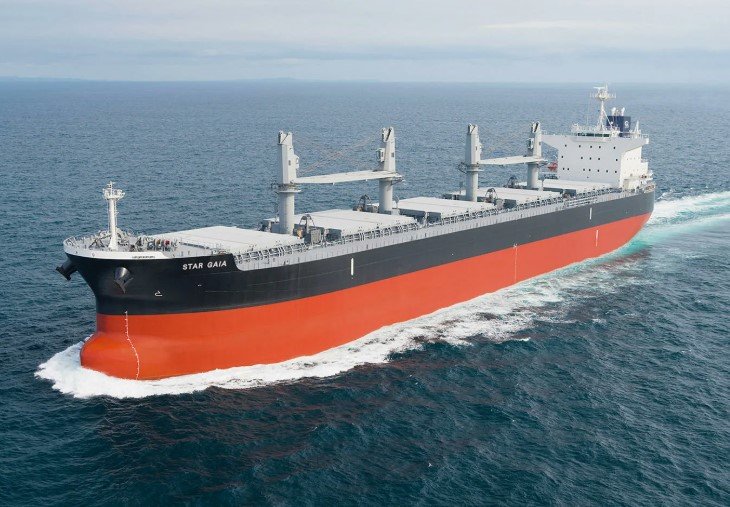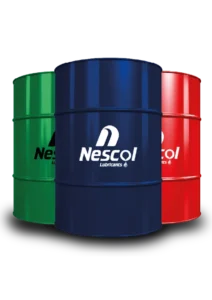How to Choose the Right Marine Oil for Your Boat: Tips
Understanding Marine Oil Basics
Marine oil is designed specifically to meet the needs of boat engines, especially those that operate in harsh marine environments. Unlike car engine oils, marine oils are formulated to resist saltwater, moisture, and extreme conditions found in boating environments. Understanding the role of marine oil in engine maintenance is the first step in choosing the right product for your boat.
Marine oils not only lubricate the engine’s moving parts but also protect against corrosion, reduce friction, and help cool the engine. Without the proper marine oil, the engine may overheat, causing costly damage.
Types of Marine Oils: What You Need to Know
There are two primary types of marine oils: two-stroke and four-stroke engine oils. Understanding which one your engine requires is crucial.
- Two-Stroke Engine Oils: These oils are used in two-stroke engines, which are typically lighter and more compact. Two-stroke oils burn with the fuel, providing lubrication during combustion. These oils are designed to minimize carbon buildup and ensure that the engine runs smoothly.
- Four-Stroke Engine Oils: Four-stroke oils are used in more traditional marine engines. These oils provide lubrication to the engine’s internal components, helping to cool and clean the engine. Four-stroke oils do not burn with the fuel and are generally more efficient and long-lasting.
Viscosity: A Key Factor
Viscosity refers to the thickness or flow rate of the oil. The correct viscosity ensures that the oil flows smoothly at the operating temperature of the engine, which is critical for optimal engine performance. Viscosity is often displayed as numbers like 10W-40 or 20W-50.
The first number (e.g., 10W) refers to the oil’s viscosity at lower temperatures, while the second number (e.g., 40) refers to the oil’s viscosity at higher temperatures. Choosing the right viscosity depends on the operating conditions, such as the climate where the boat is used and the engine’s specifications.
Synthetic vs. Conventional Marine Oil
Another consideration when selecting marine oil is whether to choose synthetic or conventional oil. Both types have their benefits, but understanding the differences will help you make an informed decision.
Synthetic Oils: These oils are artificially made and offer superior performance in extreme temperatures and conditions. They last longer, reduce engine wear, and provide better protection against corrosion. Synthetic oils are ideal for high-performance engines or boats that are used frequently.
Conventional Oils: Made from natural crude oil, conventional oils are less expensive and commonly used in smaller or older engines. While they offer good lubrication, they tend to break down faster and may need to be changed more frequently than synthetic oils.
Additives: The Secret to Oil Longevity
Marine oils often contain additives that improve their performance and provide additional protection. These additives can help prevent corrosion, reduce engine wear, and clean the engine. Some common additives include:
- Detergents: Prevent carbon buildup and sludge formation in the engine.
- Corrosion Inhibitors: Protect the engine from saltwater and other corrosive elements.
- Anti-wear Additives: Help reduce friction and prevent damage to engine components.
- Viscosity Improvers: Help maintain the oil’s thickness at different temperatures.
When choosing marine oil, look for oils with quality additives that match your engine’s needs. It’s worth checking your engine’s manual for specific recommendations on additives.
Engine Manufacturer Recommendations
The first place to start when selecting marine oil is your boat’s engine manufacturer’s recommendations. Most engine manufacturers will specify the type of oil that should be used, including the viscosity grade, type of oil (synthetic or conventional), and any particular brand or product.
It’s essential to follow these recommendations closely, as using the wrong oil can void your warranty or cause significant engine issues. Always refer to your engine’s manual for guidance and ensure the oil you choose is compatible with the engine type.
Performance vs. Price: Finding the Right Balance
When it comes to marine oils, there’s often a trade-off between performance and price. While premium synthetic oils offer superior protection and longevity, they can come at a higher cost. Conventional oils and lower-cost synthetic blends may be more budget-friendly, but they may not perform as well in extreme conditions.
Consider how often you use your boat, the type of boating you do, and the climate in which you operate when deciding between performance and price. If your boat is used frequently or in harsh conditions, investing in high-quality oil may save you money in the long run by extending the engine’s lifespan.
Oil Change Intervals: How Often Should You Change Marine Oil?
Even the best oils need to be replaced eventually. Oil changes are a critical part of boat maintenance, and keeping a consistent schedule ensures the engine remains in top condition.
The frequency of oil changes depends on the type of oil you use, the engine’s specifications, and the conditions in which you use the boat. For example, if you use synthetic oil, you may be able to extend the time between oil changes. However, if you’re using conventional oil or running the engine in harsh conditions (such as high temperatures or saltwater), you may need to change the oil more frequently.
Consult your engine’s manual for oil change intervals, but as a general rule, most experts recommend changing the oil at least once per season, or every 100-200 hours of engine use
Importance of Quality Marine Oil Suppliers
When selecting marine oil, it’s also essential to choose a reliable supplier. Quality marine oil suppliers ensure that the products they offer meet industry standards and are formulated to perform in the demanding conditions of marine environments.
For boat owners in the UAE and Dubai, finding trusted marine oil suppliers is essential. Marine oil suppliers UAE and marine oil suppliers Dubai offer a range of products tailored to the specific needs of boat owners in these regions. Look for suppliers who provide high-quality oils that are compatible with your engine and adhere to the standards set by marine organizations.
By working with reputable suppliers, you can ensure that the oil you choose is of the highest quality and will provide the protection your boat engine needs.
Conclusion: Selecting the Best Marine Oil for Your Boat
Choosing the right marine oil is essential for keeping your boat in peak condition. By considering factors like engine type, viscosity, synthetic vs. conventional oils, and the quality of additives, you can ensure that your boat runs smoothly and efficiently.
Remember to follow your engine’s manufacturer recommendations, and don’t hesitate to invest in high-quality oil to protect your investment. Also, work with trusted marine oil suppliers in UAE and marine oil suppliers Dubai to get the best products available. By understanding the types of oils, checking the additives, and maintaining regular oil changes, you can keep your boat running at its best for years to come.


